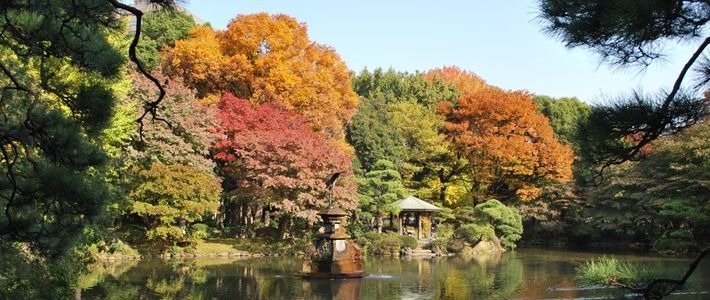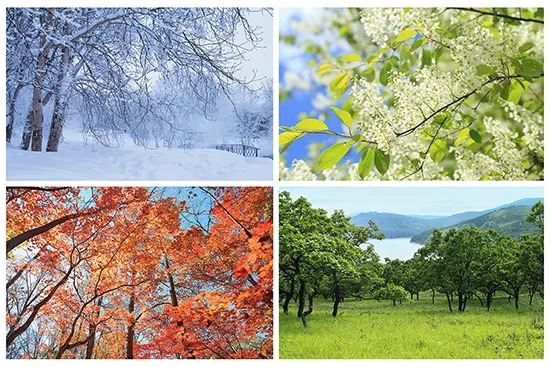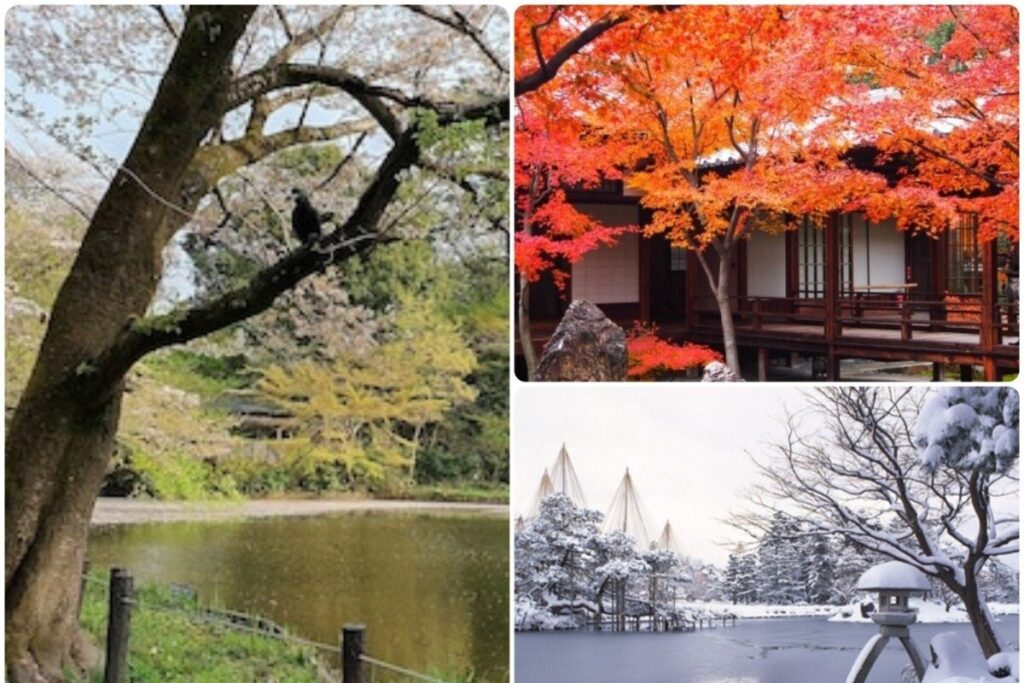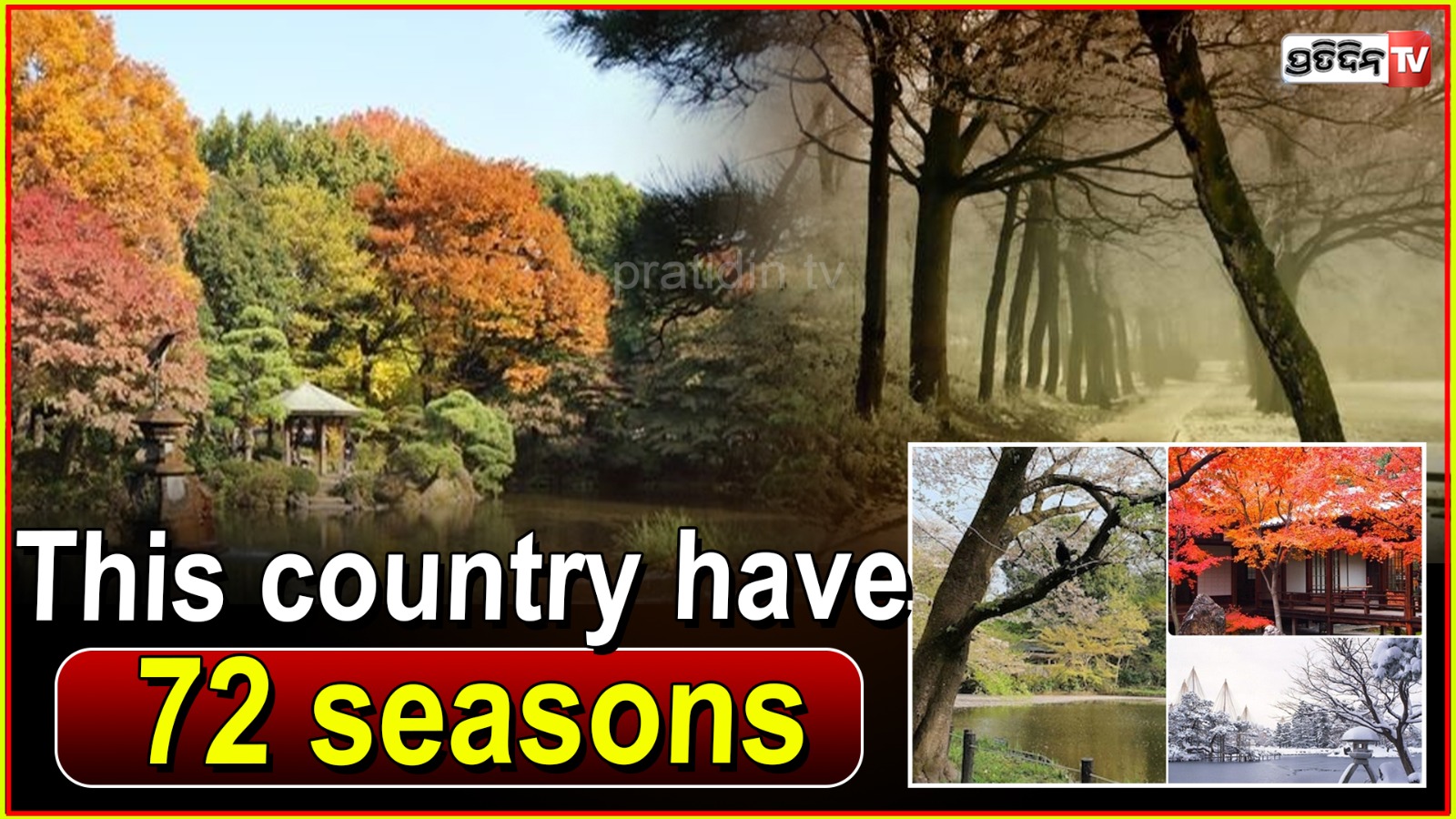A unique country in the world,Not just one or two, 72 seasons can be seen here
A unique country in the world, there are mainly 4 seasons in the world. Spring, Summer, Autumn, and Winter. Due to geographical location, the seasons also change. In some places it is only hot or rainy, while in other places it is only cold. The Indian calendar mentions 6 seasons: Spring, Summer, Rain, Sharat, Hemant, and Shita.
Similarly, the Chinese calendar has 24 seasons, but you will be surprised to know that there is a country in the world that has not one or two but 72 seasons. These different seasons throughout the year affect the people living here. Let us know some special things about this special country…

The name of this country is Japan. Obviously, the Japanese calendar is divided into 72 seasons. However, there are only 4 seasons in the Japanese calendar that we know about. But all the seasons are divided into 6 parts, which create 24 sub-seasons. These sub-seasons are 15 days long.

This period is based on the ancient Chinese lunisolar calendar. It was a way of measuring time in which the year was based on the phases of the moon and the Earth’s rotation around the sun.
These 24 secs are divided into ‘3 ko,’ which makes a total of ’72 ko.’ Here ‘ko’ means micro-season. One ‘ko’ is of 5 days.
These seasons represent the Japanese ecosystem like the melody of a song. Each of these seasons is associated with real events that occur in the natural world at that time, such as the blooming of bamboo trees and the ripening of wheat. In such situations, it is believed in Japan that a new season will arrive in a few days, bringing new opportunities.

The Japanese microseasons were originally adopted from Korea in the mid-6th century. The names given to each microseason were originally derived from the climate and natural changes of northern China.
In 1685, an astronomer named Shibukawa Shunkai led the way in reconsidering the names and aligning them more accurately with the local climate and nature of Japan.
This revised calendar remained in use until 1873, when, in an effort to modernize, the Meiji government abolished the traditional calendar system and adopted the Western solar-based Gregorian calendar.However, even today, people such as farmers, fishermen, etc. follow the old Japanese calendar.
ALSO READ: World’s oldest person dies at 116 in Japan





